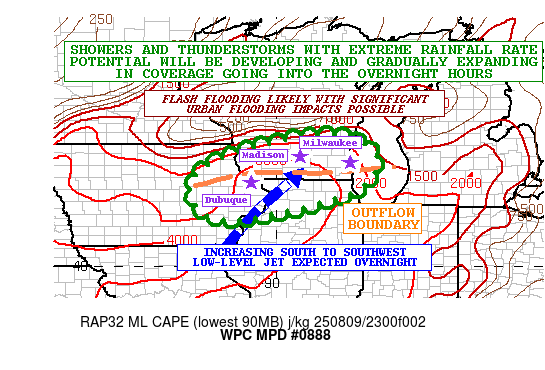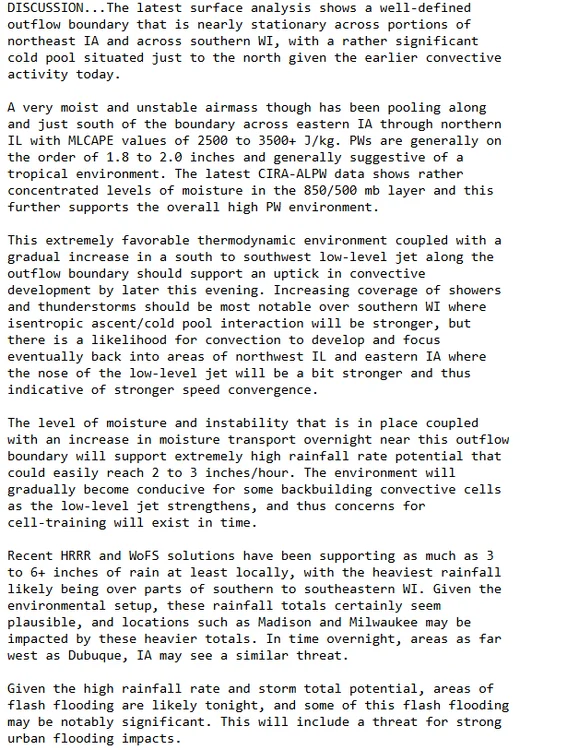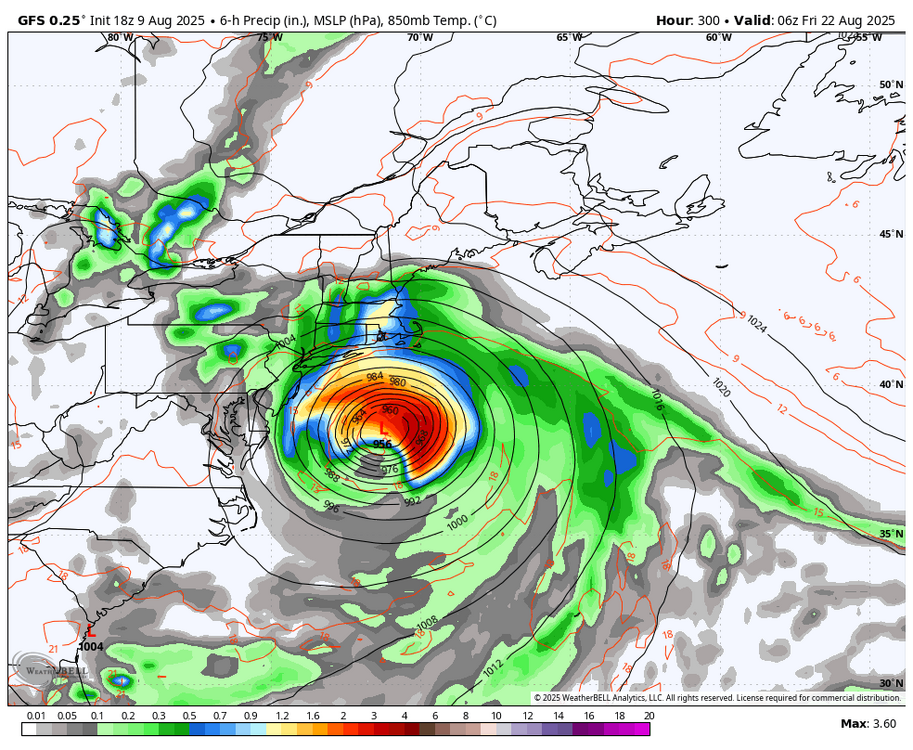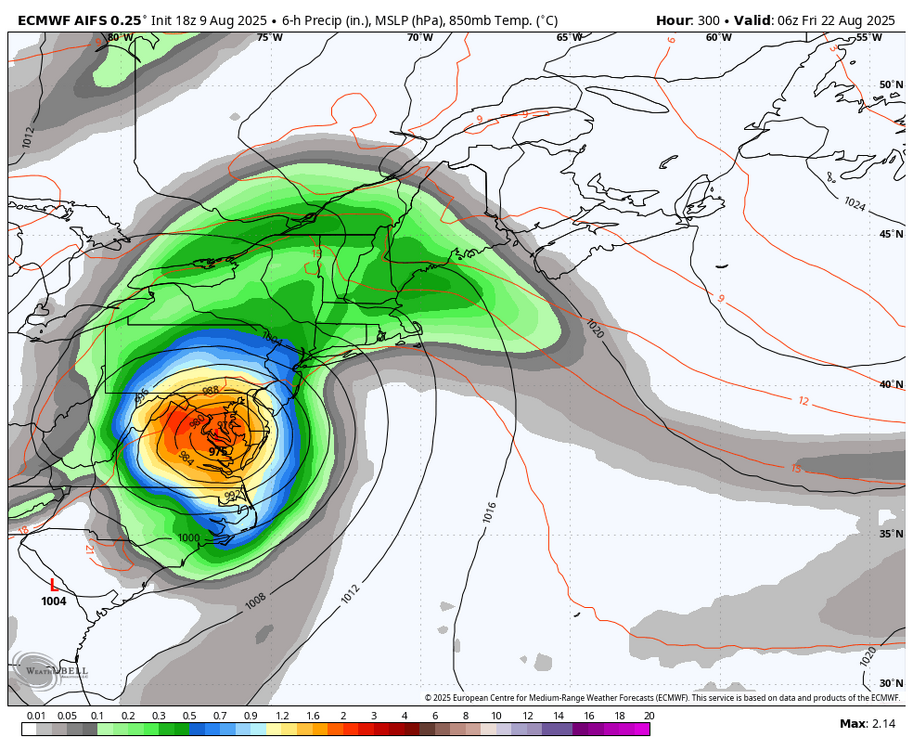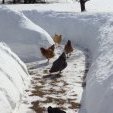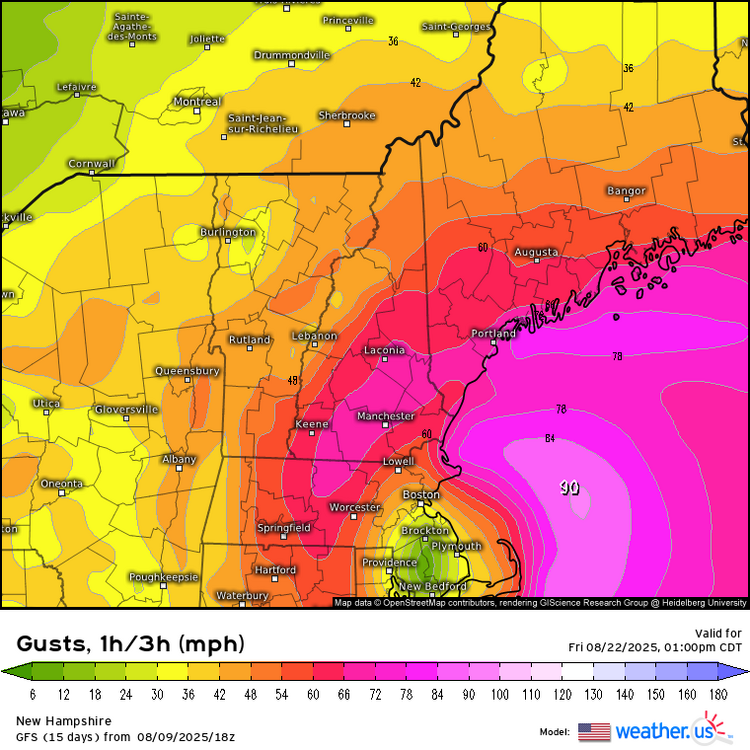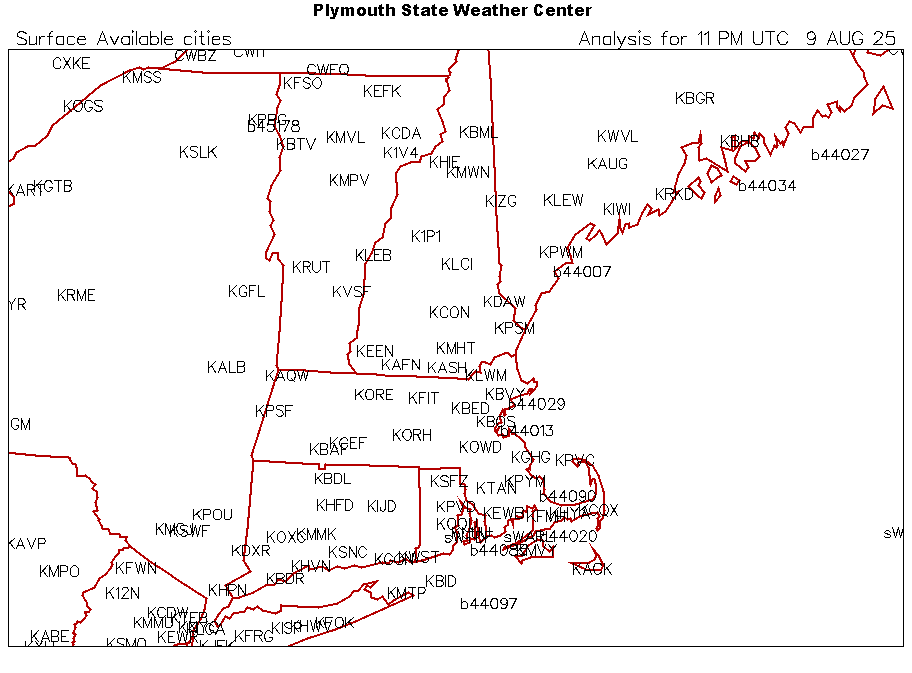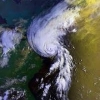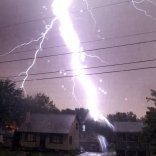All Activity
- Past hour
-
It is going to be a long night for S WI for rain/flooding. Already a rare FFW out for Milwaukee and West Allis (On State Fair weekend no less!) with 2.5"+ hrly totals. And WPC just put out a pretty strongly worded MPD for the area.
-
I don't know if a rookie manages to break that...maybe? Lol They been doing this crap all year! All early hit then quiet...the whole hitting philosophy needs to be overhauled. I hope this ain't an Elias issue...he oughta let the new manager pick his staff.
-
No hits since the first 3 batters of the game.
-
-

Occasional Thoughts on Climate Change
donsutherland1 replied to donsutherland1's topic in Climate Change
That post was from six years ago. Science has continued to advance since then. Confidence in the anthropogenic driver for the current warming has increased since then. The general ideas from that post remain largely accurate and have stood up quite well. That's a testament to the scientific work on which they were based. In general, credible science holds up over time, especially when basic physics is involved. The properties of CO2 have been understood since the 19th Century. There is some nuance as it applies to central Antarctica where the surface is typically colder than the stratosphere. One paper suggests that there is a "negative greenhouse effect" that is unique to that region. The paper also makes clear that this is an exception that does not raise serious questions about the role of greenhouse gases in the warming of the Earth's climate. The paper states: It is important to note that these results do not contradict the key statements of the Intergovernmental Panel on Climate Change (IPCC) ..., namely, the well-known warming effect that CO₂ has on the Earth’s climate. Yet we showed that for the cold Antarctic continent some care needs to be taken when discussing the direct warming effect of CO₂. CO2 has not doubled from the pre-industrial level (it reached 430 ppm earlier this year vs. the pre-industrial figure of around 270 ppm -280 ppm). There are numerous feedbacks. Aerosols have gained some increased attention recently from some work by Hansen et al. The reduction in aerosols has limited the masking of warming and likely contributed, in part, to the recent acceleration in the rate of warming. A reduction in aerosols likely also contributed to the cloud-related changes that have been observed, but paleoclimate work suggests that more than aerosol changes are involved. A growing body of evidence strengthens the argument that clouds have a positive feedback, namely that at higher CO2 levels, cloud-related changes amplify the warming. Back in 2019, there were some who still argued that clouds would be a negative feedback and help reduce the rate of warming. That idea has now largely lost merit. Paleoclimate work by Jessica Tierney among others revealed that cloud-related changes at higher levels of CO2 enhanced warming. Recent data from NASA confirms changes to clouds consistent with promoting increased warming. Indeed, even more recent research on climate sensitivity has suggested that perhaps the CMIP6 models weren't "running hot" as initially thought, but that they might be doing a better job capturing cloud-related changes. A new paper, aside from Hansen's recent work, has suggested that climate sensitivity for a doubling of CO2 may be around 4.8°C based on the Pliocene Epoch. I'm not yet sold on that, but am open to this idea. I didn't state or suggest that the climate system will spiral out-of-control so to speak from ongoing anthropogenic warming. No runaway greenhouse effect is likely on Earth. That won't happen until the sun starts moving into its red giant phase as it begins to exhaust its hydrogen and begins to boil away the oceans. My point is that clear scientific understanding of climate change now exists concerning what is happening (warming) and why it is happening (antropogenic greenhouse gas emissions). The scientific debate over those two issues is finished. No credible alternative hypothesis exists. Nevertheless, that does not mean that there is anything close to perfect understanding. There remain some uncertainties, but those don't rise to the level of undermining the basic idea of anthropogenic warming. Feedbacks are real. Some amplify the warming as CO2 increases, while others damp the warming. Climate change has increased the frequency, magnitude, and duration of extreme heat events in the United States and worldwide. Evidence suggests that quasi-resonant amplification is contributing to the kind of "stuck patterns" that have led to long-duration severe heat outbreaks in parts of North America, Europe, Asia, and Africa, among other extreme events. Recent research also suggests that Pacific-related changes are creating a negative PDO-type scenario, which is contributing to the Southwest's growing hotter and drier. Finally, internal variability occurs within the context of increasing anthropogenic greenhouse gas forcing. Thus, there can be cold periods, including cold winters. Synoptic events also occur within the context of increasing anthropogenic forcing, so climate change impacts such events but does not necessarily cause them. Second order effects can see climate change driving changes in synoptic scale events e.g., aridification of regions can feed back into the development of more persistent and larger heat domes. -
Bob esque here. Had 60-70gusts
-
Well...Beavers certainly wouldn't help this sorry performance, lol
-
-
At least there’s some fun way west solutions . If everything was east it’d already be untrackable . We need this
-
We can go decades without a hit from an actual hurricane. Most of the time it’s remnants or tropical storms that make their way here.
- Today
-
Wind field is way east actually. But still, meh.
-
Now it is.
-
Maybe if you're more profane you'll get your answer.
-
Would be ideal for CT. Similar to Isaias but stronger winds
-
I’ll take a messenger shuffle for a thousand Alex


